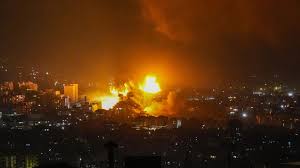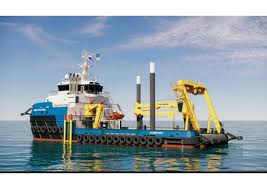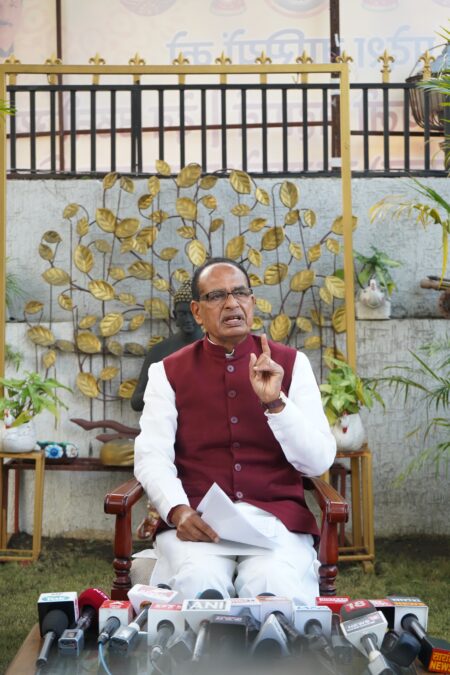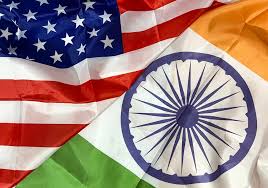Rising oil prices and trade disruptions amid the Iran-Israel conflict threaten India’s economy, particularly affecting Chabahar port.

As tensions escalate in the Iran-Israel conflict, concerns are mounting in India over the potential economic repercussions, including rising oil prices, increased freight charges, and disrupted trade routes. The conflict’s impact could extend to India’s significant reliance on Middle Eastern crude oil, with over 45% of its imports sourced from this region as of September. Experts warn that any broader conflict affecting oil-producing countries or critical trade channels, such as the Strait of Hormuz, would disrupt supplies, leading to higher costs for consumers and businesses alike.
Prashant Vasisht, Senior VP & Co-Group Head (Corporate Ratings) at ICRA, noted that the situation could severely impact oil and natural gas supplies if key routes are compromised. Pulkit Agarwal, Head of India Content (cross commodities) at S&P Global Commodity Insights, highlighted that while Iran, Israel, and Lebanon may not be direct trade partners for India, a wider conflict could threaten the country’s oil supply chain.
Traders’ express anxiety over escalating shipping and logistics costs due to the conflict. Ajay Sahai, representing the Federation of Indian Export Organisations (FIEO), pointed out that while there had been some movement of small vessels through the Red Sea, the renewed positions taken by Houthi forces complicate matters further, potentially forcing shipments to take longer, costlier routes.
In addition to oil, India imports essential products such as petrochemicals and plastic polymers from the Middle East, making any disruption particularly harmful to its economy. Sahai emphasised that with air routes also at risk if airlines avoid Iranian airspace, the repercussions could be widespread.
A significant concern lies with the Chabahar port project in Iran, which India had boldly pursued despite U.S. sanctions. Biswajit Dhar, Distinguished Professor at the Council for Social Development, remarked on the precarious nature of the port’s development in the context of ongoing conflict. The recent seizure of the MSC Aries, a container vessel linked to Israel, has intensified fears surrounding maritime security, further complicating trade.
As the situation unfolds, experts caution that if the conflict worsens, India’s agricultural trade—particularly its basmati rice exports to Iran—could also suffer, alongside skyrocketing war risk premiums for shipping. For instance, the cost of shipping a standard 20-foot container from Mumbai to Rotterdam has surged from approximately $650 to over $3,000.
The economic implications of this conflict are profound, necessitating close monitoring by Indian authorities as they navigate these emerging challenges in the volatile geopolitical landscape.











